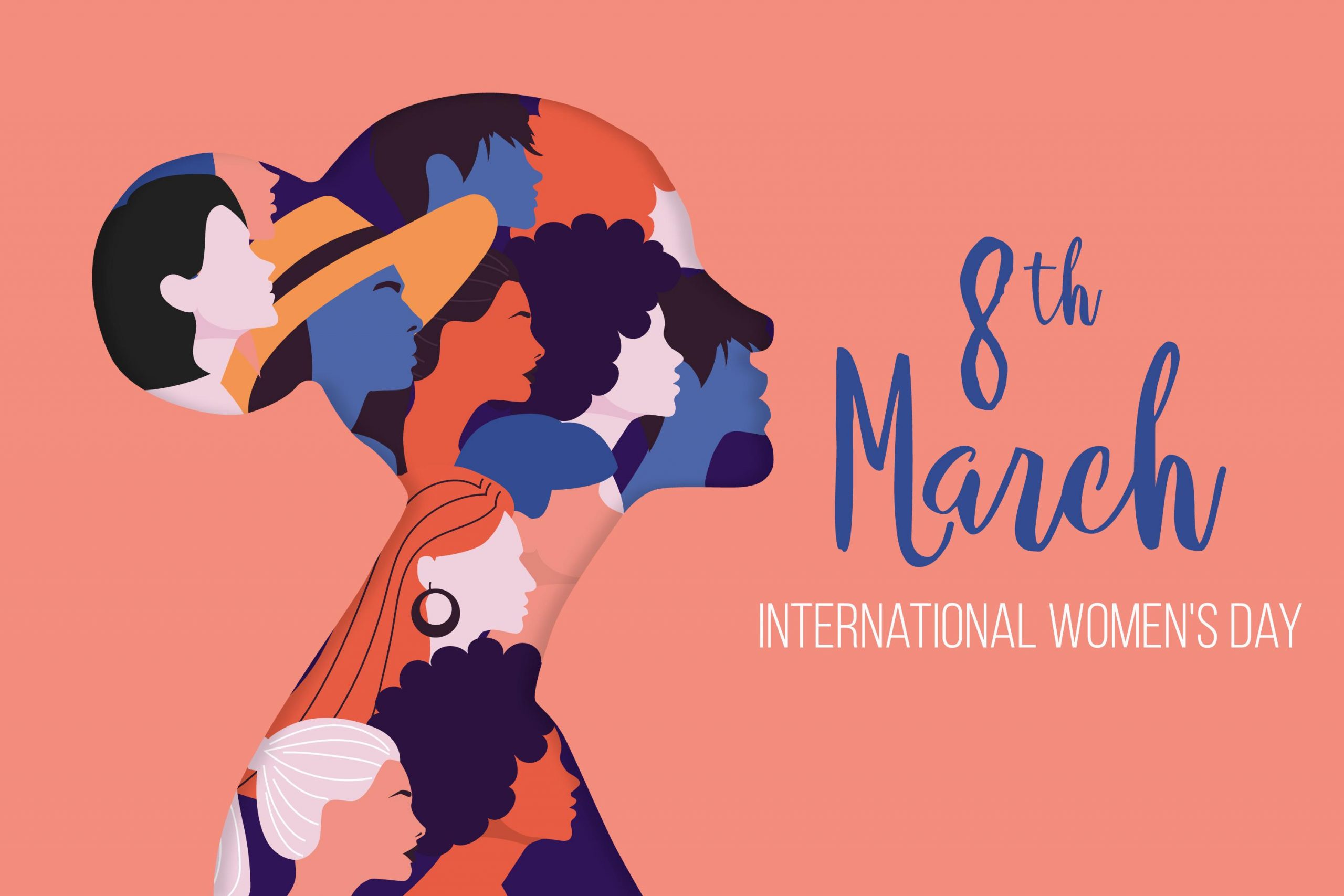By Jennifer Khor, Supervising Lawyer & Project Manager, SHARP Workplaces
Today we celebrate International Women’s Day. The United Nations designated March 8th as International Women’s Day in 1975. First observed in 1911 to recognize women’s struggle for the right to vote, work, and hold public office, it is a day to advocate for and celebrate achievements towards gender equality. Since then, various gains have been made yet true equality is still to be achieved.
Achieving equality and gender parity requires equality in access free from barriers which allow a person to develop to their full potential. A significant barrier to equality for women and non-binary persons is gender-based violence. Across Canada in the 1960’s and 70’s, human rights legislation was enacted to protect against discrimination on the basis of sex. In BC, the first Human Rights Code was introduced in 1973 replacing the Human Rights Act of 1969. The Charter of Rights and Freedoms entrenching rights in our Constitution was enacted in 1982. In 1989, workplace sexual harassment was recognized as a form of sex discrimination by the Supreme Court of Canada in Janzen v. Platy Enterprises Ltd. The court stated that workplace sexual harassment was “an abuse of both economic and sexual power” and that:
“…sexual harassment in the workplace attacks the dignity and self-respect of the victim both as an employee and as a human being.”
In 2006, Tarana Burke started the Me Too Movement to raise awareness and bring supports to addressing sexual violence. The hash tag #MeToo went viral and galvanized the world in 2017 when actress Alyssa Milano used the hashtag to accuse Harvey Weinstein of sexual assault. Canada has had our own high profile cases including Jian Ghomeshi[1], and recently allegations against Peter Nygard, General Jonathan Vance, and Admiral Art McDonald. In a 2018 Angus Reid survey more than half the women surveyed said they had been sexually harassed at work, and nearly three quarters of those said they did not report it. In “Broken Dreams, Broken Lives”, a report detailing violence, sexual assault, sexual harassment, bullying and discrimination experienced by women employed by the RCMP released in November 2020, former Supreme Court of Canada Justice Michel Bastarache concluded that a toxic culture prevails in the RCMP. The National Inquiry into Missing and Murdered Indigenous Women and Girls issued its final report in 2019 revealing the depth of the economic, social and political marginalization, racism, and misogyny that exists in Canadian society, including in our laws and institutions, which perpetuate violations of fundamental rights, and recognizing the violence and discrimination endured by Indigenous women, girls and 2SLGBTQQIA people as genocide.
This past year the COVID-19 pandemic has disproportionately impacted women. Women hold vital roles as essential workers and in industries hard-hit by the measures to contain the spread of the virus, such as health care, education, retail and food services. Additionally, caregiving responsibilities fall unequally on women, with working mothers, aged 24 to 55, losing 26% of their work hours in April compared to 14% of work hours lost by men. Women experienced 65% of the job losses in accommodation and food services. Almost half a million Canadian women who lost their jobs during the pandemic have not returned to work as of January 2021.
Individuals who experience workplace sexual harassment choose not to report for various reasons, including feeling shame and humiliation, self-blame, fear of losing their jobs, fear of not being believed, fear of being labeled a troublemaker, fear of damaging their career, and fear for their physical safety. Those fears are likely increased with the job losses as a result of the pandemic.
Our SHARP Workplaces Legal Clinic provides free, confidential legal advice to anyone experiencing workplace sexual harassment in BC. A lawyer can provide advice on how to address workplace sexual harassment and the legal options available. SHARP Workplaces can also assist in connecting a person with supports, such as counselling and employment services. It is always the client’s decision on whether they choose to take action.
This year’s theme for International Women’s Day is #ChoosetoChallenge. Look around you, see the gender inequality and consider what you can do about it. We can all choose to challenge and call out gender bias and inequality. Collectively, we can create an inclusive world.
If you are experiencing violence and need help, call VictimLinkBC at 1-800-563-0808 or access information about services available in BC.
#IWD2021 #InternationalWomensDay #ChooseToChallenge #SHARPWorkplaces #BeInformedBeSHARP #sexualharassment #metoo
[1] Ghomeshi was acquitted of criminal charges in 2016.
Image is Woman vector created by pikisuperstar – www.freepik.com
NOTICE: SHARP Workplaces Legal Advice Clinic ceased providing legal services in March 2024 due to an end of funding, and is NOW CLOSED.
If you experienced sexual assault and need legal advice contact Stand Informed legal advice services.

